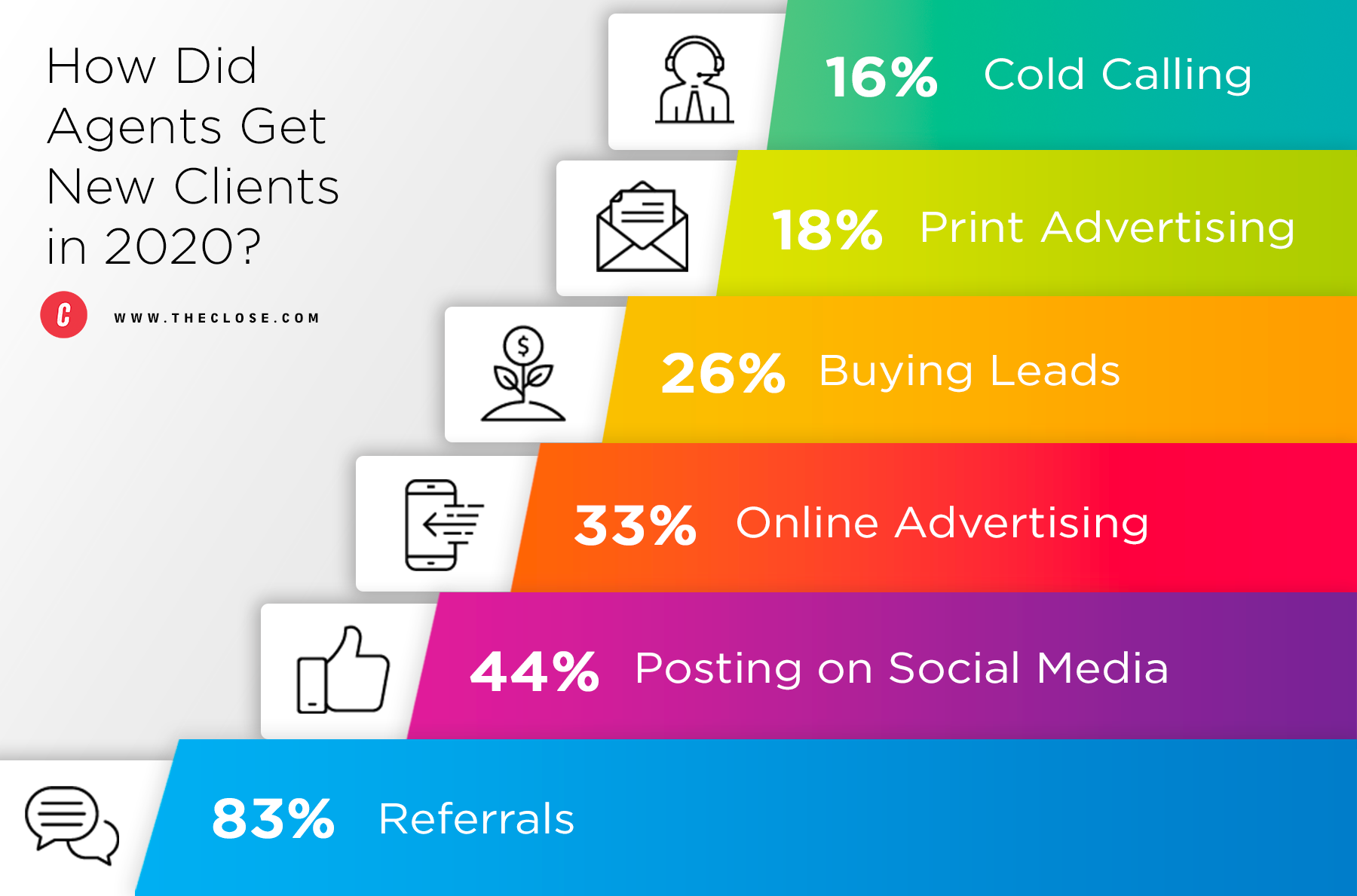SOCIAL
Why Real Estate Agents are Prioritizing Social Media More than Email in 2021

Like most sectors, the real estate industry has been hugely impacted by the COVID-19 pandemic. Unlike many small businesses, however, agencies are also encountering a booming market.
During 2020, social media became a critical tool for real estate agents. Real estate has traditionally been an industry that utilizes older school marketing methods (e.g., print advertising) and has relied on in-person meetings. However, agents are increasingly embracing social media as a means to showcase their value, and their properties, virtually. And that’s become an essential element in the time of social distancing.
A recent study conducted by real estate website, The Close, found that 44% of agents said that they gained a new client in 2020 due to posting on social media. In fact, social media was only second to referrals for obtaining new listings last year.
Perhaps more interestingly, when asked to pick where they’ll focus on growing their business in 2021, 82% of agents chose “improve social media presence.” Social media reigned, even over email marketing efforts.


(Note: Agents were allowed to pick multiple selections for this question)
Agents are leaning even further into social media this year – according to the National Association of Realtors, there are roughly 1.4 million licensed real estate agents in America, and agents have a median age of 55 years old. However, agents of all ages seem to be embracing even the newest platforms.
On audio-based social media app Clubhouse, there are now dozens of real estate clubs on the app, and some have sizable membership. The aptly named “Real Estate Club,” for instance, has almost 13,000 followers and 7,000 members. Others have equally impressive followings despite the app’s early stages.

Even TikTok, which is dominated by Gen Z, often sees viral and popular real estate content from agents of all ages, and Nextdoor, the hyper-local app for local neighborhoods, offers ad options specifically for real estate agents.
Real estate agents who are embracing social media successfully can emerge as leaders in their communities. While social media brands and influencers with huge followings tend to dominate much of the conversation, agents who invest in creating hyper-local content that resonates with their community can position themselves as market leaders.
Many agents are also embracing top video marketing trends. For example, online video maker, Animoto, features real estate agents who make hyper-local videos with their platform, which often see hundreds of shares on Facebook, with minimal ad spend.
Conclusion
With 44% of real estate agents getting a new client from posting on social media over the last year, it’s evident that social platforms are not just a branding avenue – they can actually drive business for the largest of purchases.
This might explain why more agents are investing in improving their social media presence than they are email marketing or SEO in 2021. Agents who focus on crafting hyper-local content can target prospects, and position themselves as personable experts in their area.
The pandemic has sparked more agents to show what they’re doing for their clients and their listings virtually on social media. However, it’s obvious social media has staying power – and with agents of all ages succeeding on even the trendiest of platforms, there really are no excuses for the agents to sleep on cultivating a strong social media presence.
